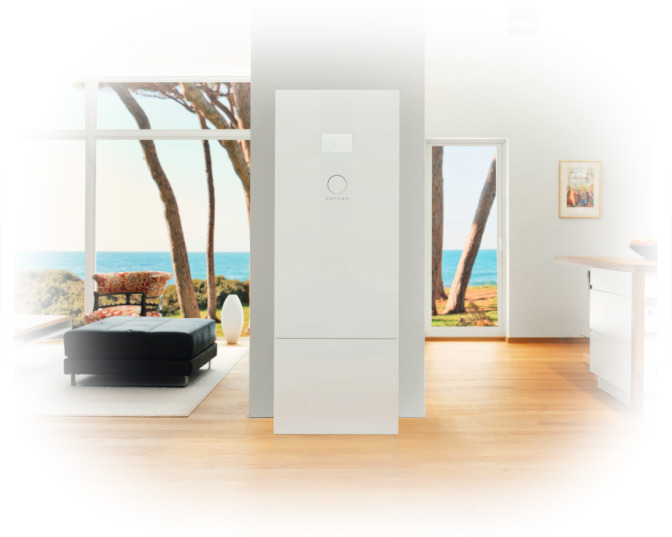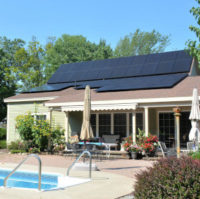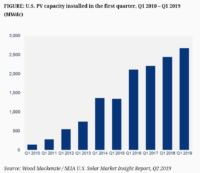
The Clean Peak Energy Standard is reaching final stages, and will include energy storage.
New Regulations Adding Battery Storage Incentives
Massachusetts has become the first state in the nation to make battery storage eligible for energy efficiency incentives. This technology is being added to the Clean Peak Energy Standard. So, for the first time ever, state utilities will begin offering electric efficiency performance incentives for behind-the-meter active demand reduction measures, including battery storage.
In September of 2019 the regulation was made officially available for a final public review by being published in the Massachusetts Register. As a final stage in the process, the Department or Energy Resources (DOER) is soliciting formal comments by email or letter through October 30, 2019. Verbal reviews will take place in Boston, Greenfield, and Westborough to give people statewide the chance to understand the changes and provide verbal comments.
SunRa Solar is watching this closely as it nears formal issuance. Some highlights that will be expanded upon further once the regulation is official are as follows:
- Massachusetts’ energy efficiency plan has a budget that amounts to nearly $2 billion over three years, behind only California’s $1.4 billion per year, and ahead of New York’s $450 million per year.
- Only new battery installations may be eligible for the incentives.
- Customers installing batteries storage systems will have the option to sign up for a five-year contract with their respective utility.
- At the end of each year, the customer would receive an incentive payment. That payment would be based on how much they reduced their load during peak demand times, in response to a signal from the utility. The battery storage system provides energy to the customer, reducing the load seen by the utility across the grid.
- Qualified battery storage systems would produce Clean Peak Certificates (CPCs). These would represent energy generated during daily peak windows within each season of the year, varying in length from one to four hours
- The incentives are currently set at $100/kWh for a targeted program and $200/kWh for a daily program.
Follow our News and Blog sections to find out more soon. Want to learn more about battery storage? We welcome you to visit our Solar Plus Battery Storage page or Contact Us with any question you may have.



